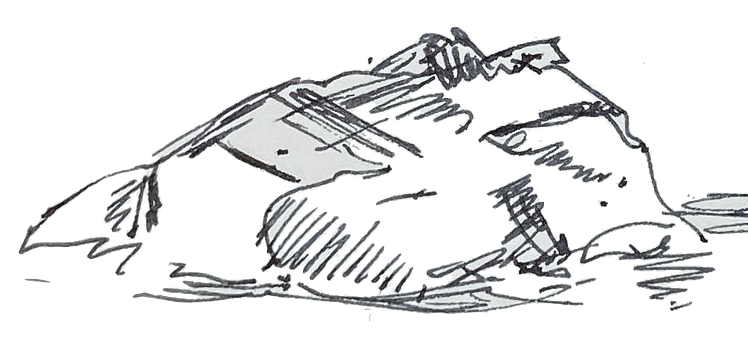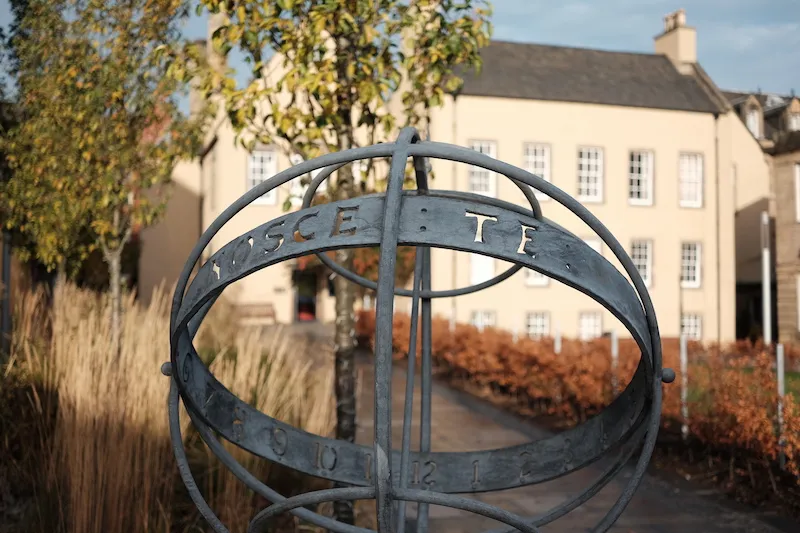Why would anyone want to be a teacher?
I’ve been in education for 20 years. “In education”, meaning in the Scottish education system for children and young people. In that time, I have been a mathematics and physics teacher, principal teacher (head of department) of physics, and teacher educator at Moray House. I ask myself sometimes, “why?”
Allow me to answer the question.
It’s not what I thought it was going to be
By the time my IT business finally closed to a client’s bad debt in 2003, I had been considering teaching for a while. Writing and presenting coding courses was part of my portfolio. I had been District Commissioner of the local branch of the Pony Club and had enjoyed planning and organising educational adventures for young people. An old friend and colleague, James, had taken the leap from engineering to teaching and said that I might make a good teacher. The collapse of my software business and the personal fall-out from that left me financially embarrassed and a little tired and sore. The Labour government at the time had introduced IR35, presumably motivated by what Churchill called “the gospel of envy”. This legislation, the most recent reform of which has proved to be financially more damaging than COVID-19 or Brexit, was the end of my aspiration to be in business at the time. I had fought hard against it, even taking premises next door to the Chancellor, Gordon Brown’s constituency office in Cowdenbeath, and helping set up the Professional Contractor’s Group. Time for something completely different.
I took the PGCE at Moray House, imagining my future self strolling over wide lawns with gentlemen of the Upper VI, discussing Ovid and Virgil, black gown billowing behind in a leafy breeze as memories of the dog days and the recuerdos de la Alhambra fade to anticipation of the new term of conkers, rugby, spotted dick and Lord of all Hopefulness.
My teacher training (for it was training, not education) in Fife woke me sharply from that reverie by exposing me, for the first time, to the children of the proletariat. It’s funny how one can travel the world and interact with all manner of people in blissful ignorance of an entire population and culture hidden in plain sight. It makes you wonder what else you can’t see.
So, why would anyone want to be a teacher?
There are many good reasons to be a teacher. Candidates in interview often trot out the standard rationale they think the panel wants to hear, like “I’ve always wanted to be a teacher” or “I want to share my passion for physics”, or “I want to make a difference”, or “I want to give something back”. Yawn. Yes, yes, but have you actually been in a school lately? Those who have, know that it isn’t Pony Club or adults doing a course they need to advance their careers. More honest answers might be, “I can’t think of anything else to do right now”, “I need the money” (teachers are actually quite well paid despite the moaning), or “I like physics and I want to play with physics stuff all day and get paid”. Or, “I realise I’m not going to get the first I need to do a PhD at CERN, and need to do something else now.”
There is a rewarding element to the job, of course. James was a techie teacher and had this rationale:
“You don’t do it for the 19 chisel-throwing bastards. You do it for the one.”
The emotional connection to the children caught me by surprise. Here’s the thing that gets teachers out of bed in the morning, keeps them up late, makes them drink too much wine, and has them stealing pencils from Ikea. It’s the faith (because there is rarely any measurable evidence for it) that through one act of kindness, one word of encouragement, one smile, one loan of a pencil “cos I’ll get a detention in maths if I haven’t got one and then my Da will kill me”, they have the potential to change a life for the better.
“Never let the truth get in the way of a good story”

